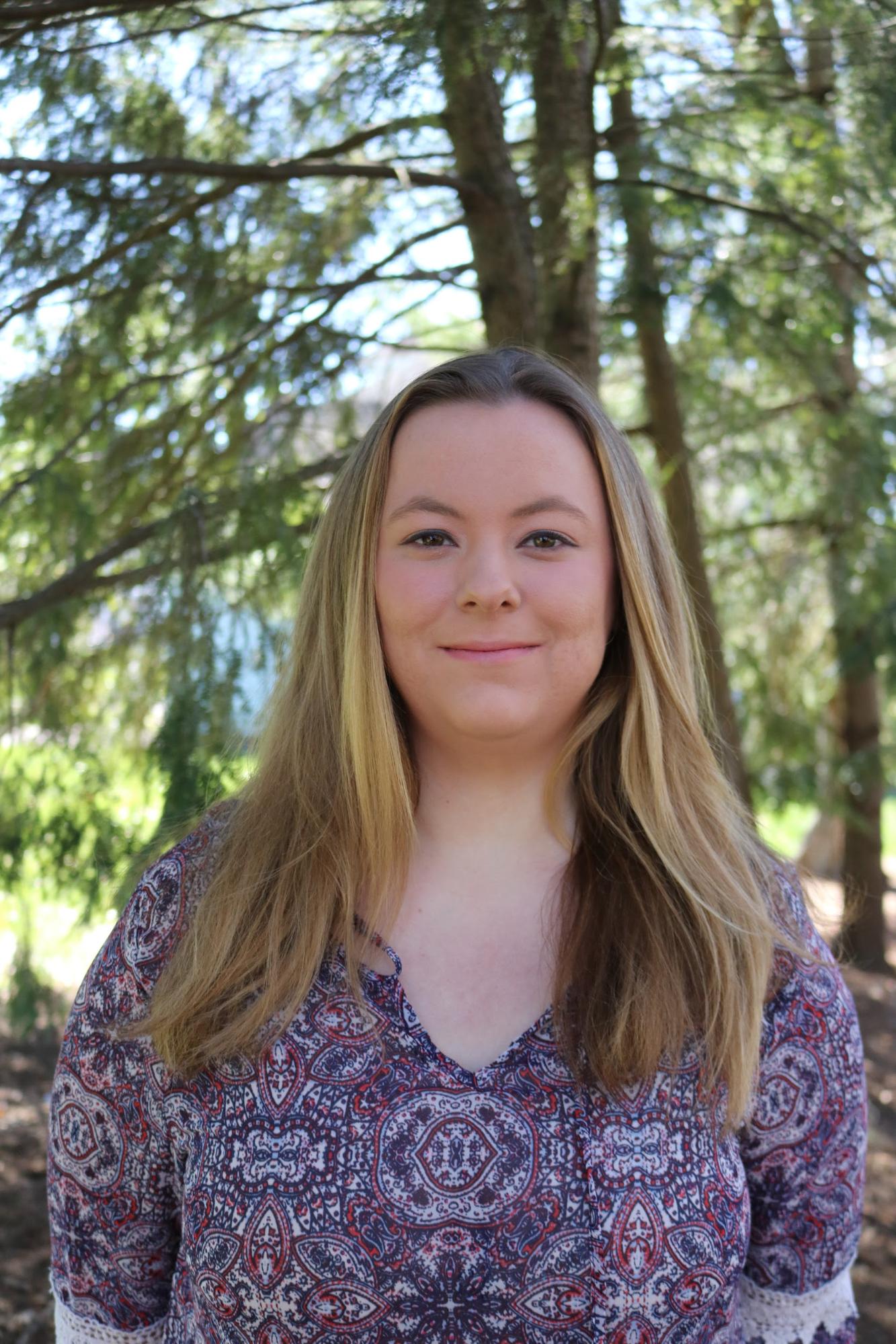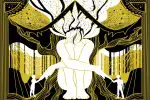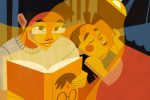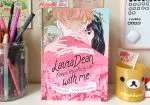From Suzanne Collin’s “The Hunger Games” to John Green’s “The Fault in Our Stars,” there is a surplus of overused tropes linking these two and all those in the young adult genre together.
YA is notorious for mass-producing similar content over and over again. Wash, rinse and repeat in an endless cycle of book releases — too many Katniss Everdeens and revolutions to count. So this is by no means a complete list of tropes because there are far too many to count.
Also, this list isn’t a warrant out for these tropes’ arrest. I’m not the YA trope police. Truth be told, some of these tropes can actually live to fight another day if the author can put an original spin on them. Others, of course, should just kick the bucket. Cough, cough, love triangles.
At the end of the day, it’s up to the YA author to decide if these tropes will feature in their books. Hopefully us readers can tell them what works and what doesn’t before it’s too late.
1. Protagonist as outsider.
More often than not, a YA protagonist is singled out as a misfit or an outcast in their society. Tris Prior in the “Divergent” trilogy is quick to say she doesn’t fit in with her designated faction, just like how John Green’s Hazel Grace Lancaster feels disconnected from other people because of her illness.
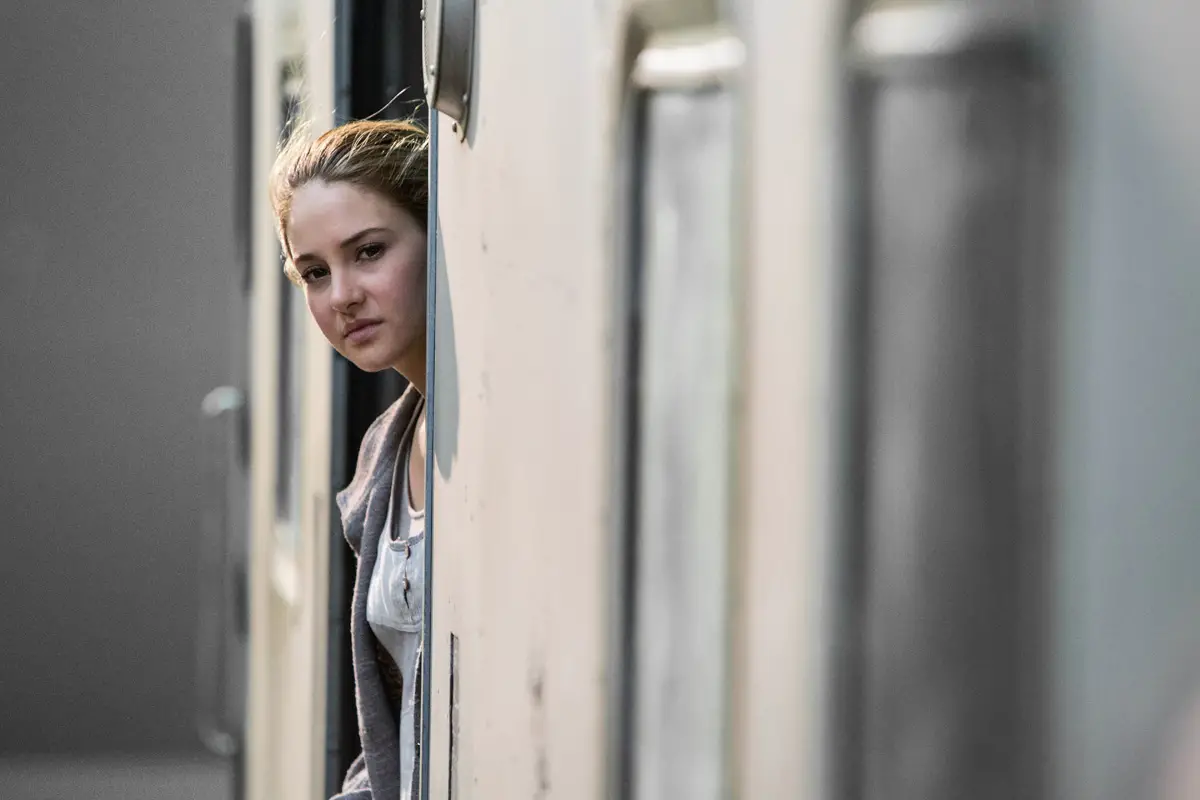
The YA protagonist isn’t typically a part of the “in” crowd. Readers like to root for the underdog, sure, but can authors try something different for a change?
Why not focus on the popular kid in school, or someone deeply set in this society that believes in it wholeheartedly? A popular kid can degrade into a misfit or be just as moving and relatable as an underdog if the author takes time to develop them. If these characters fall into traps set by stereotypes, then it doesn’t work. Essentially, take someone anybody would call “perfect” and prove that they are not instead of opting for the outsider.
Does the outsider trope still work? Yes, I think it does in a lot of cases. Readers can’t help but connect with these protagonists. However, it’s important to note how overdone the “outsider” protagonist is in YA books so authors can step up their game.
2. “The Chosen One” protagonist.
This trope, of course, comes straight out of J.K. Rowling’s playbook. Harry Potter is the Chosen One, after all. This also falls in line with the idea of YA protagonist being “special,” having something about them that sets them apart from their supporting cast. In Harry’s case, he survived an encounter with the Dark Lord, Voldemort. Tris Prior, another “chosen one,” is divergent; she doesn’t fit neatly into one faction like most of her peers.
Needless to say, this trope has really lost its edge since Harry first set foot in the wizarding world. Now when I hear that a character is the chosen one or if the plot sets up the character as the only one that can make a difference, I roll my eyes.
Half of the time these characters aren’t qualified, but can succeed even where their overly qualified supporting characters can’t. It feels like this character has been “chosen” simply because they’re the protagonist, and not because they’re qualified. It begs the question: Can the qualified character be the protagonist even if they’re not the chosen one?
If the author wants to write about “the chosen one,” regardless, I think they need to remember that they’re protagonist has to be human. They can’t save the day all the time. They don’t know everything. They can’t do everything. At the end of the day, any good protagonist has flaws, and any good protagonist has to put faith in their supporting characters.
3. The protagonist is typically a teenager.
Nowhere in the YA handbook (if such a thing exists) does it say a YA protagonist needs to be teenager. Yes, teenagers or young adults relate to their age group. They like to follow characters their own age and see them achieve amazing things. But who’s to say a YA reader can’t connect with a younger or older protagonist?
Truth is, you can have a senior protagonist in a YA plotline. Yes, the author has to work harder to bridge the age gap, but it’s not impossible. Could you imagine reading about a woman in her 70s leading a rebellion, not as a political figure, but as a leader on the battlefield?
There’s even potential to spark life into other tropes by changing the protagonist’s age. What if the “chosen one” had to play their role much later in life? Or a woman living in a retirement home is caught up in a love triangle? A senior citizen at the helm would definitely put a spin on any YA narrative.
Also, when done well, a child’s perspective can certainly take point in a YA narrative. A child can struggle to build legitimacy from the start because of their age, or take the reader on an epic adventure through a curiously innocent lens. And let’s not forget about all the ages in between. Just because a book is YA, doesn’t mean the protagonist has to match their readers’ age group to be well-liked and meaningful.
4. White, able-bodied, straight protagonists.
Now this is where I can’t help but go on a lengthy tangent compared to the other tropes, so bear with me. What do Katniss Everdeen, Percy Jackson and Tris Prior all have in common? They’re all white, able-bodied and straight. They help create a universal YA narrative that seems exclusive from other identities. It should be clear to anybody that the YA genre needs a lesson in diversity.
I can’t stress this enough when I say representation matters. Black readers should be able to read about characters that look like them; these characters exist, but there simply aren’t enough of them. If they read enough books that focus solely on white protagonists, it might feel like they can never be the hero of their own story because of the color of their skin.
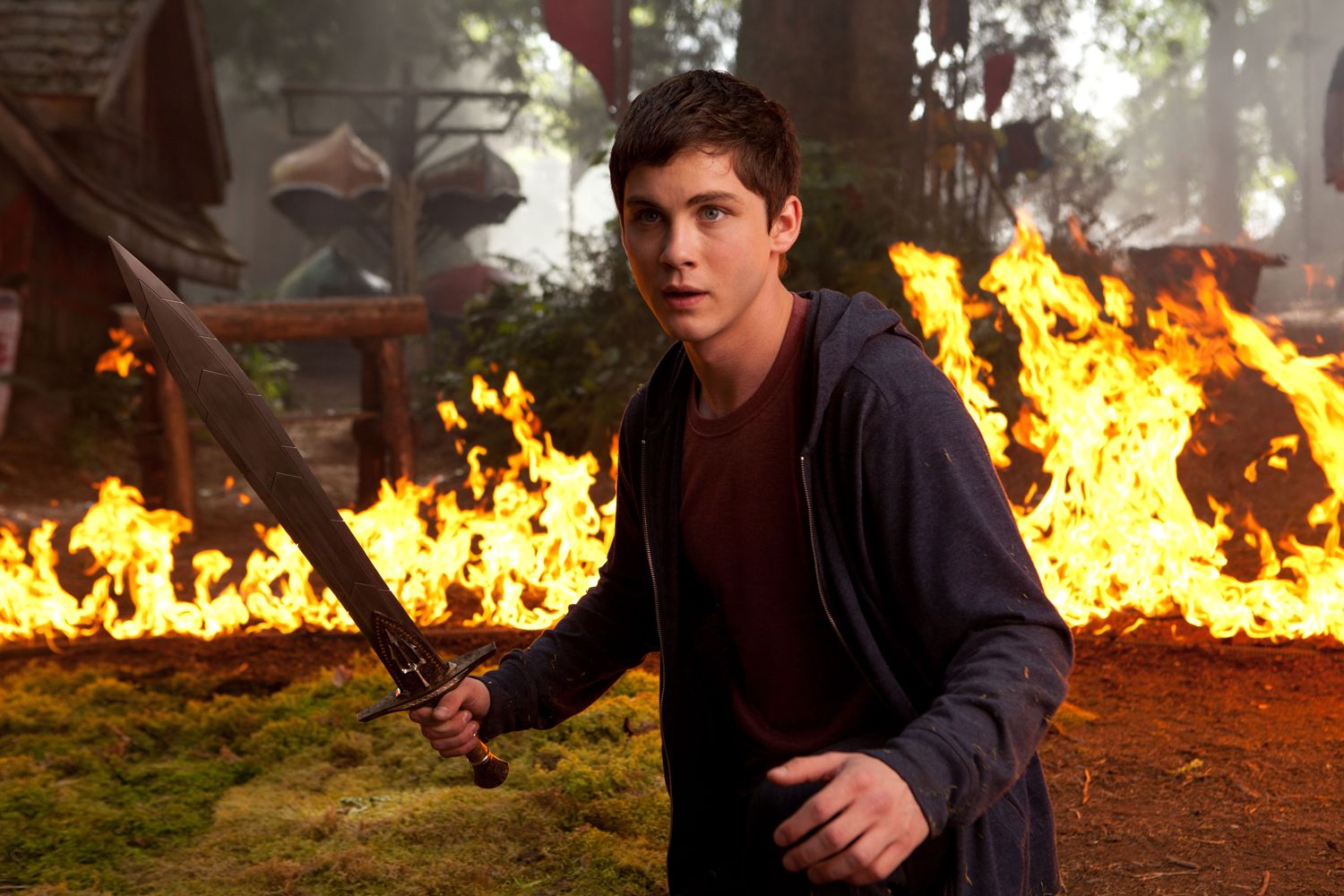
Likewise, disabled readers shouldn’t feel excluded from the universal YA narrative either. Why not write a protagonist with Down syndrome or a deaf protagonist? The concept of a book creatively managing disabled characters and offering insight into their lives sounds genius to me.
Could you imagine the depth of a character like Katniss in “The Hunger Games,” if she were blind and had to rely on her enhanced hearing to shoot with her bow? I think there’s a lot of untapped potential here that YA authors can use.
With the success of the movie “Love, Simon,” based off the book “Simon vs. The Homo Sapian’s Agenda,” it’s clear that LGBTQ YA characters are in high demand. The character’s sexuality doesn’t even have to be the focal point of the book. Just knowing that a character is gay, bisexual or asexual can be enough for any queer reader to feel represented. This also goes for characters that are trans or fall elsewhere on the gender binary spectrum.
5. Don’t introduce a character solely as a love interest.
Designing a character to act solely as a love interest is to me, a fiction writer in training, a total disservice to that character. Their sole existence revolves around the idea of the protagonist falling in love with them and that is it. Suddenly, the character loses dimensions — qualities that make them feel like a real person — and fall flat.
A love interest should be able to stand on their own without the protagonist around to make heart eyes at them. Authors should ask themselves questions throughout the writing process: If this character wasn’t labeled a love interest, could they still come alive on the page and serve a purpose? Could they be the protagonist of their own story.
If the answer to both of these questions is no, the character needs more work. No more dark, mysterious boys or pretty new girls — give us characters that are more than just eye candy and heartbreakers, please.
6. Love triangles are beyond overdone.
Please tell me, reader: Can you or anyone you know truly say they’ve been caught up in a love triangle? I have a hard time believing that love triangles happen as much in real-life as YA books lead you to believe.
Not to mention, when is a love triangle ever important to the plot except to cause drama and heartbreak for the main protagonist? What purpose does it serve other than to stir the pot between characters? Also, is there ever really a love triangle between a boy and two girls? In the end it just becomes a way for the reader to pick sides and argue which love interest is better.
This trope has literally been done to death. In the end, there’s always the obvious choice and the other love interest drops off the face of the earth. It kind of robs the protagonist of that choice readers craved when the love triangle was first introduced. So, instead of beating the dead horse to a pulp, YA authors should ditch love triangles. And if they’re feeling even gutsier, scrap the romance in general.
But, if the author is dead set on a love triangle, I encourage them to switch things up. Complicate the love triangle and don’t create an “obvious” choice. When the protagonist finally makes their decision, create consequences and have the character reflect on their choice.
It shouldn’t be as easy as, “I like so and so better so I pick them.” Introduce more representation, whether that be the protagonist’s own identity or their options’ identities. Why not make the two characters polar opposites? One could be a different race, another a different gender and so on.
7. Starting a rebellion and overthrowing the government.
There are far too many corrupt government and societies that have been overthrown by YA protagonists. I can’t lie that this plot has enticed me in the past — I am a sucker for dystopias — but the truth is that this trope has been used by far too many YA authors.
Each government is as oppressive, controlling and wrong as the next. It all follows the same outline: Protagonist does a small act that defies the government’s authority, thus sparking a rebellion.
There’s not much else to say here, really. Is there a way to carry a rebellion plot without overthrowing the government? Is there a way of advocating change without violence? Can we have a democratic, empathetic protagonist that can talk their way out of a fight? There should be ways to reinvent this idea.
8. Dead, absent or estranged relatives of the protagonist.
Harry Potter was orphaned. Katniss lost her father in a mining accident and had a strained relationship with her mother. Tris loses both her parents in her rebellion. Do both parents exist and survive in any YA protagonist’s story? Yes, but more often or not they fall into the single-parent-raised, estranged, absent or orphaned category.
Parents are important role models and caregivers for their children. A healthy, nurturing relationship between parents and a YA protagonist is hard to come by in the YA world. In general, adults are ruled incompetent and clueless in the YA narrative. A lot of the time they’re even the enemy of the protagonist. There has to be benefits to presenting a YA reader with a healthy relationship between parents and their children.
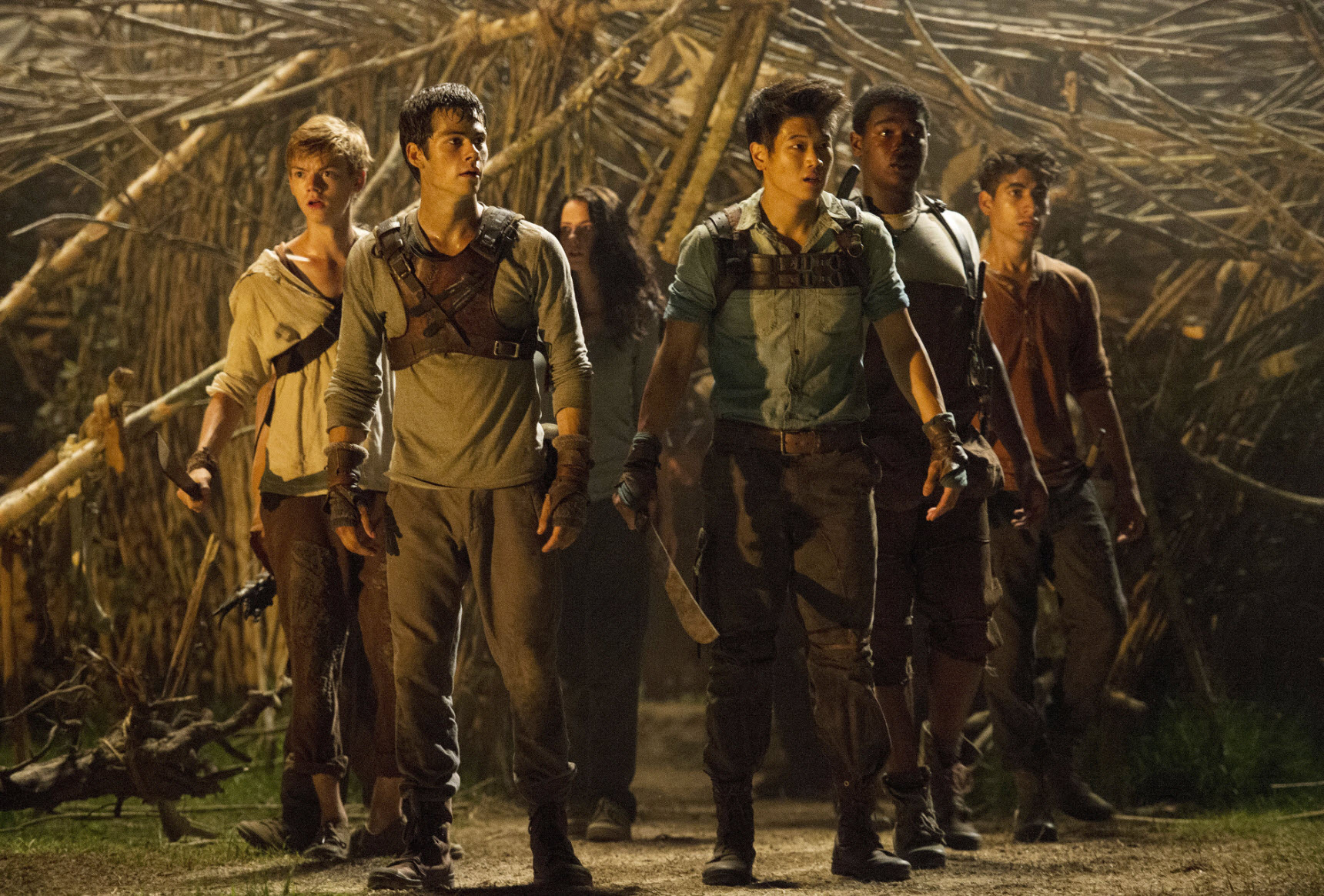
Also, if an author creates the “absent” parent —through work, death, etc. — to give the protagonist breathing room to steal the car or start their rebellion with no parental oversight, isn’t that just an easy (lazy) way out?
Can’t a protagonist survive a trilogy with competent, supportive and present parents that stay in one piece? Is that too much to ask?




